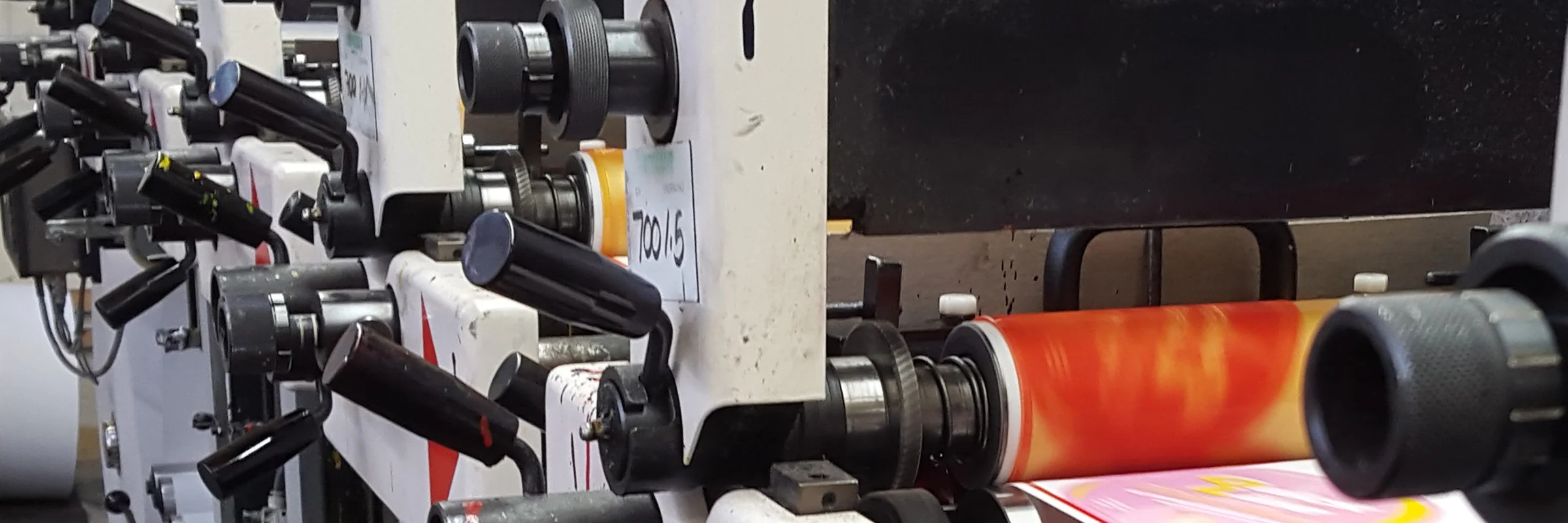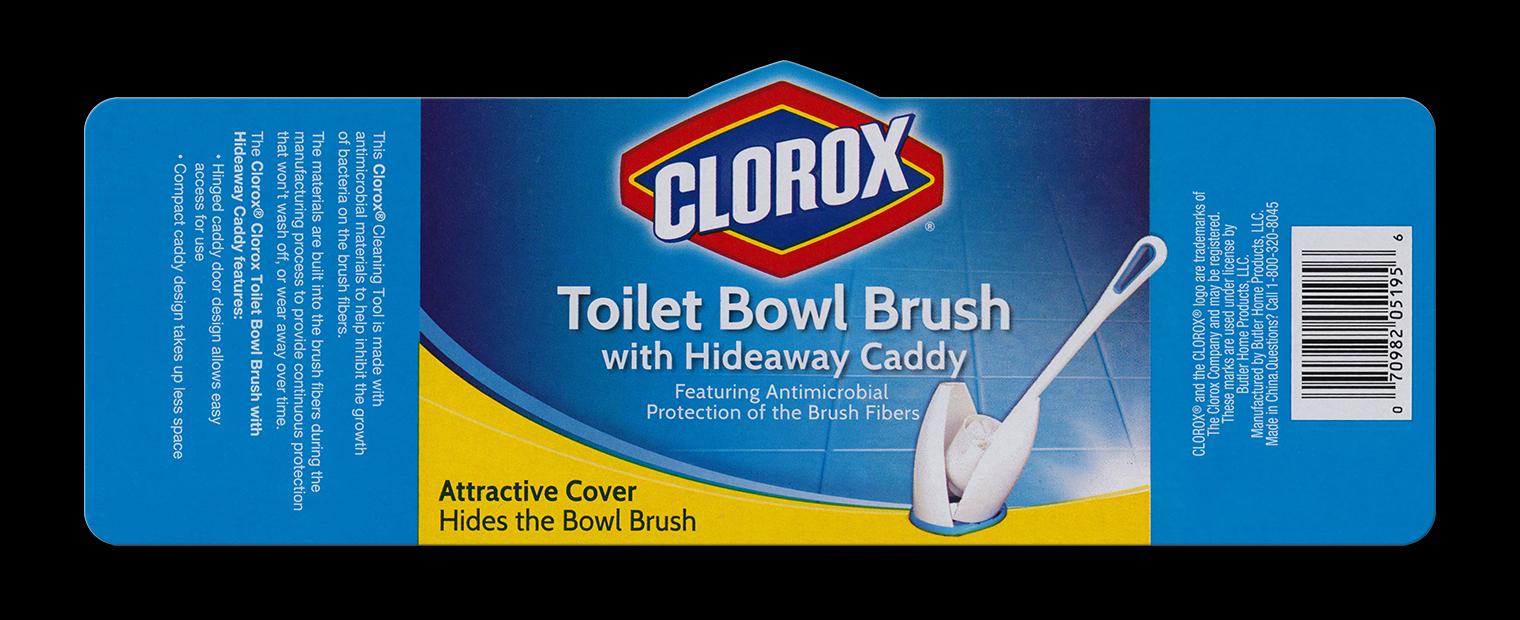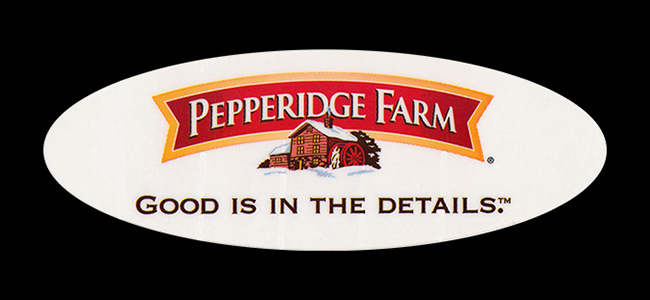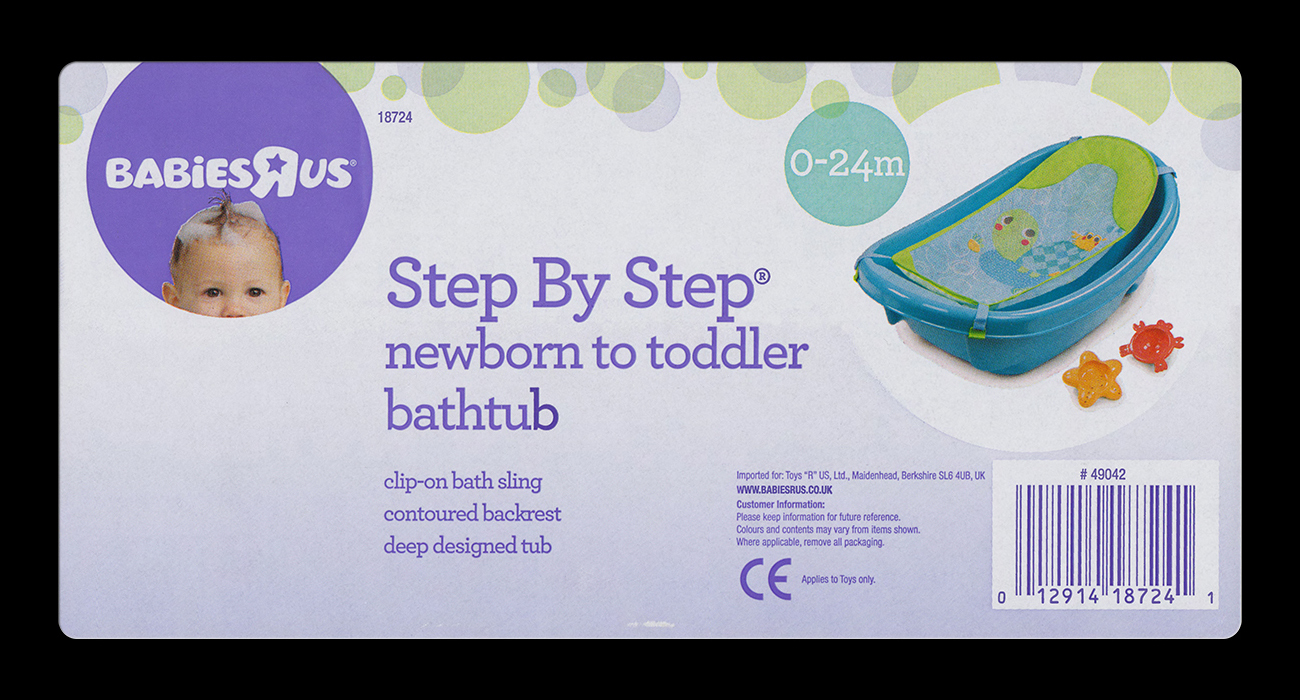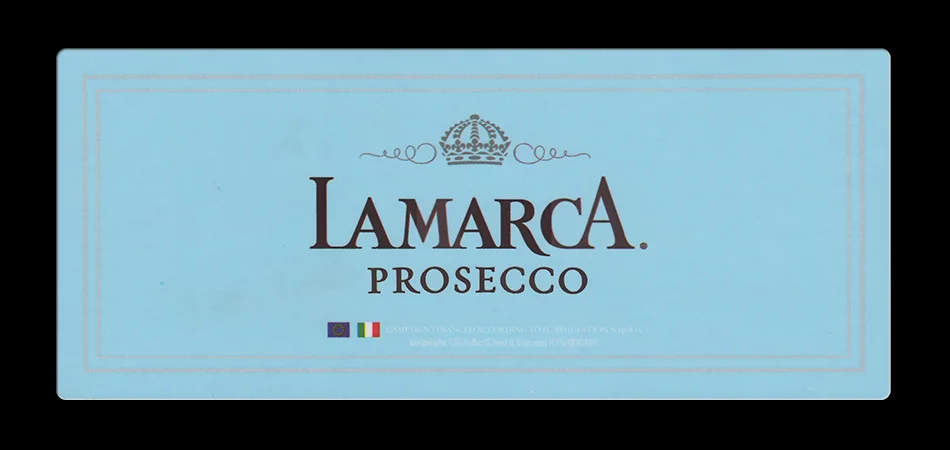Supermarket Labels
The average grocery store produces dozens of products in-house. Meat from the butcher's department, cookies from the bakery, fresh produce--they all need labels. Good labels do two things. They tell the consumer what he needs to know about a product and they catch the buyers attention and motivate him to make a purchase.
What Are Supermarket/Thermal Transfer Labels and Ribbons
Supermarket labels are necessary for store-marketed items, like bakery goods, deli meats and produce. All labels are not alike. There are identification labels that name the food, its ingredients, expiration date and its weight; promotional labels that make consumers aware of a peel-off coupon or a limited offer price; and pricing labels, essential for any consumer product.
Thermal labels and ribbons are a cost-effective way of labeling in-house products. Such labels allow you to print your own labels on thermal paper and are ideal for products that all carry the same product information or require just one or two small changes. Don't think that thermal transfer labels are boring, however. These labels can have eye-catching graphics just like their pre-printed cousins.
Benefits of Using Thermal Transfer Labels and Ribbons
In addition to being cost-effective, using thermal transfer labels allows you to make small changes to the label as product ingredients and price dictates.
It's not just food companies and manufacturers that need labels, the average supermarket sells hundreds of fresh food products, all of which require labels. Meat from the butcher, fresh produce, deli products and freshly-baked bread and rolls all need to have a label.
A good custom supermarket label needs to be eye-catching to the consumer, easy to read, and contain all the information that the consumer needs to know as well as what is required by law. Good labels help to drive product sales and set your goods apart from those of your competition.

